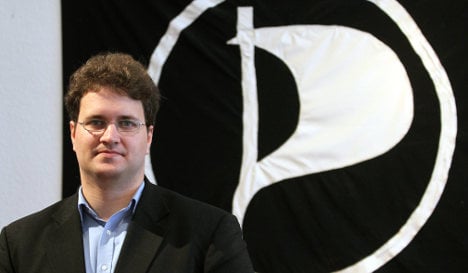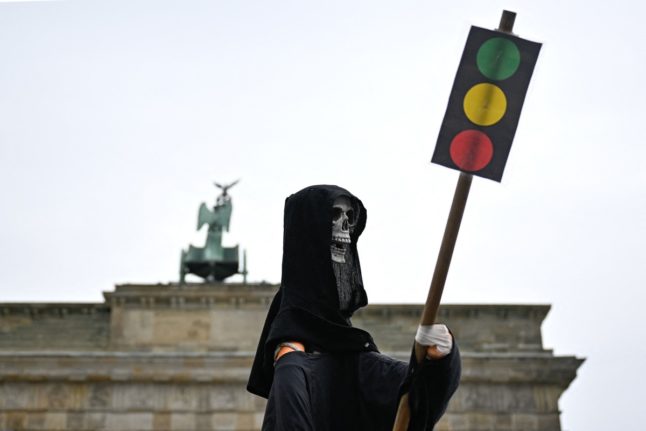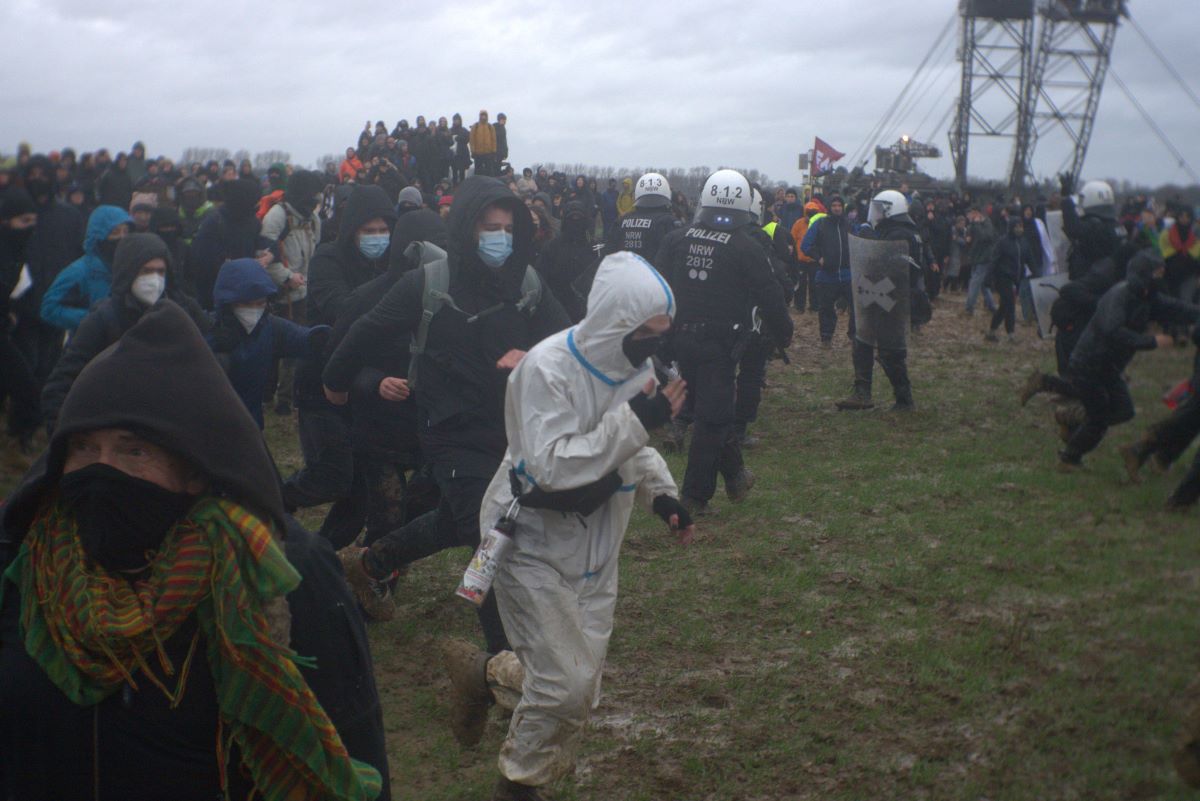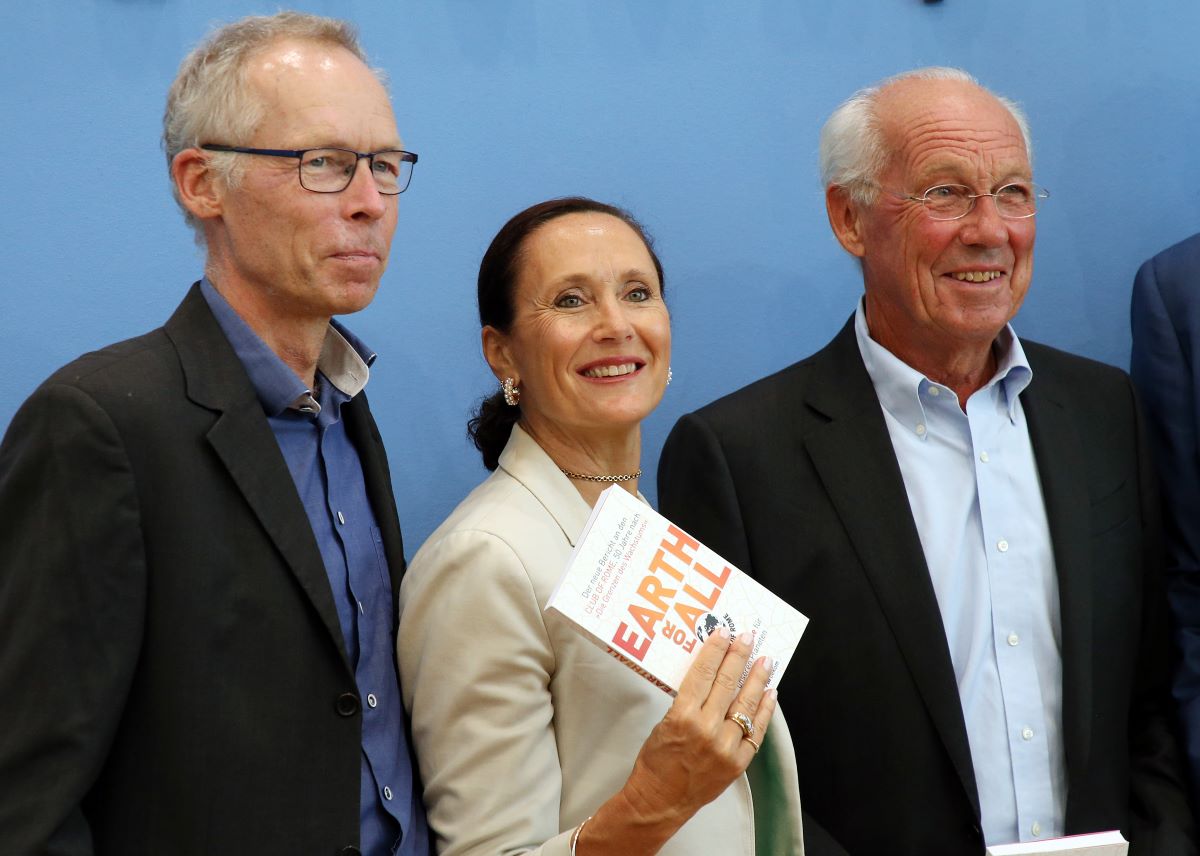Sebastian Nerz, the Pirates’ national chairman, criticized his party for its habit of bickering openly on the Internet, pleading with members to develop a new style of doing politics and to stop arguing over the social media service Twitter.
“Insults in 140 characters are not transparency. You can’t resolve a dispute over Twitter or Facebook, you only escalate them,” Nerz said.
“The first successes are also the time of the first mistakes – and these mistakes could split the party,” he said.
He was addressing the Pirates’ first party conference since their unexpectedly strong performance in the Berlin state election in September.
On Saturday 1,250 members gathered in the city of Offenbach for the conference, as the party faced the challenge of building on their success in the capital, in which it won an unprecedented 8.9 percent of the vote.
“We have left behind an eventful and tough period, and we face an even more difficult one,” Nerz told the assembled pirates at the opening of the conference.
Christoph Lauer, one of the 14 Pirates elected to the Berlin state parliament in September, said he didn’t see any danger of divisions. “The fact that 1,200 people have come together here alone shows that we have an active and lively discussion culture,” he told the DPA news agency.
In his speech Nerz also criticized the German government, accusing it of pushing a process of de-democratization in its handling of the euro crisis.
When the Pirates first formed a party in 2006, their focus was on Internet issues and digital rights. They have since widened their programme to include a variety of issues, including citizen rights and more transparency in politics. However, the party has been accused of not having policies on many issues, including foreign policy and the economy.
Over the course of the two-day gathering, members are expected to expand the party programme to include more economic and social policies. One of the more controversial issues is the proposal to introduce a basic minimum income for all citizens.
The party has seen its membership soar since the Berlin elections on September 18 to almost 19,000. Every member is entitled to attend the conference as the party rejects the idea of delegates.
Opinion polls indicate that the Pirate Party currently attracts around 7 percent support across Germany, which would be enough to allow it to enter the federal parliament should this popularity be reflected in votes at the 2013 general election.
DPA/DPAD/The Local/smd





 Please whitelist us to continue reading.
Please whitelist us to continue reading.
Member comments